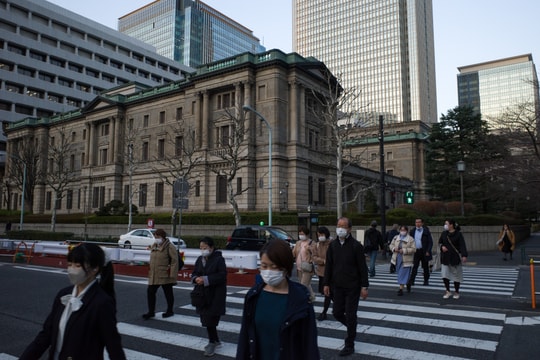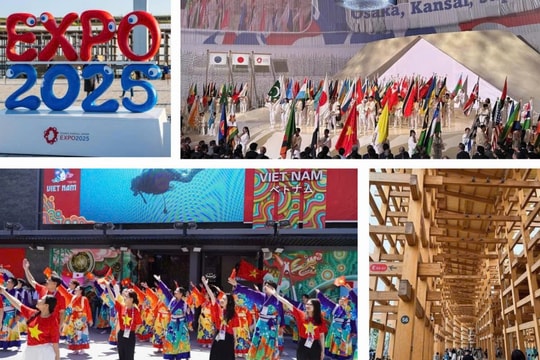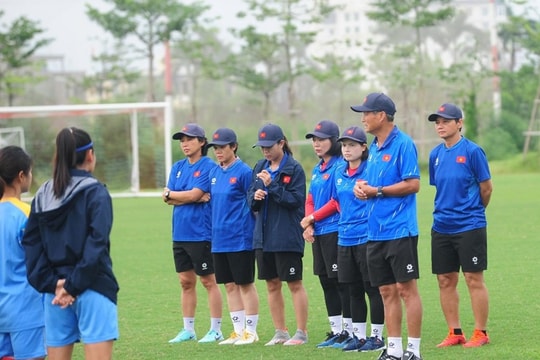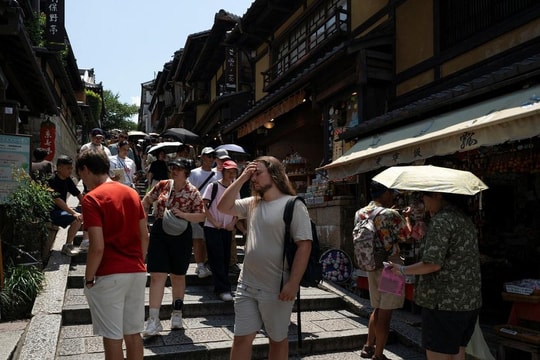Bitter tears of Vietnamese people after a thousand dollar salary in Japan
“To earn some money to send home to our families, we have to accept the sacrifice of our health, our feelings, and many other things...”, confided Nguyen Khanh Toan, a heavy industry worker in Hiroshima province, Japan.
At the age of 29, Mr. Toan left Vietnam to work in Japan when his first son was just 1 year old. Until now, more than 3 years have passed, he still remembers clearly the moment when he and his wife, father and son parted ways.
“I held my son in my arms and couldn’t bear to let him go. When I had to turn away, my wife cried, my husband cried, only my son laughed because he didn’t know his father would be away from home for a long time…”, Mr. Toan emotionally recounted.
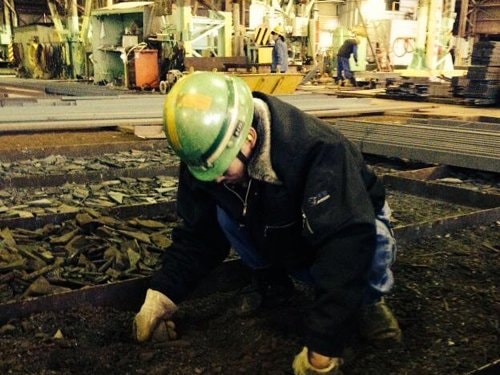 |
| Differences in weather, culture, work style... cause many workers to have difficulties when they first arrive. |
He said: “Before deciding to apply for overseas employment, I thought a lot. I wondered what I would gain and lose after 3 years. The first and biggest gain is economic because I will have a decent amount of money when I return.
But in the 3 years I’m gone, how will my parents, wife and children live without me? In a foreign land, with a different language and no friends or relatives, how will I get through it? Not to mention the countless other difficulties and risks that I haven’t even imagined… But in the end, I still decided to go.”
He continued: “After arriving in Japan, we were taken to a rural coastal area in Hiroshima province, a central province of Japan.
Here, we work as shipyard mechanics. The salary is paid with overtime, after deducting the cost of food, housing, etc., each of us can send home to our family 20-30 million/month.
This is a generous amount of money and can be said to be high compared to the general income in Vietnam at present. But the price to get that salary is not cheap at all.
According to Toan, in Hiroshima, he had to work outdoors and the work site was near the sea. The weather here was hot in the summer and terribly cold in the winter.
The cold drops to -1, -2 degrees Celsius, snow falls on their faces and heads but the workers still have to finish their work. Even when it rains, the workers have to wear raincoats to work and cannot take a break.
"Only when there are strong winds or big storms and the company is afraid of affecting human lives will they let workers take time off," said Mr. Toan.
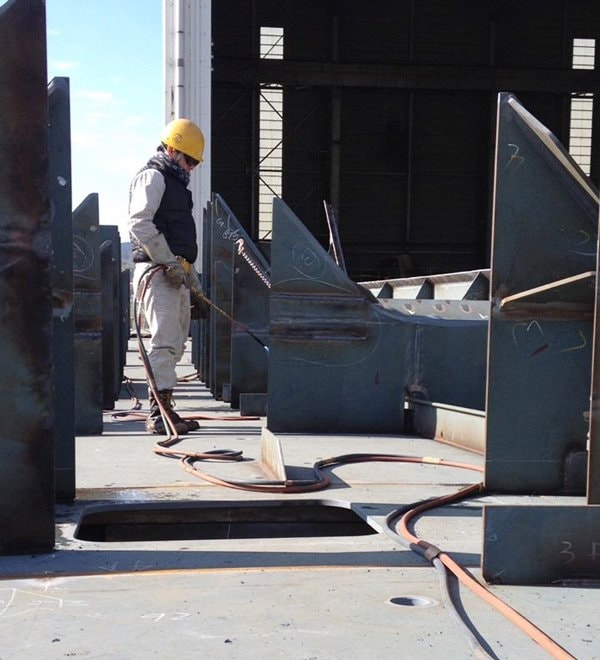 |
| In Japan, all workplace regulations are tight and very strict. |
According to Mr. Toan, besides the difference in weather that causes many newly arrived Vietnamese people to get sick constantly, the strict, professional and demanding work ethic of the Japanese is also a huge challenge for them.
“The Japanese are very professional, they require everything to be neat, even punctuality must be precise to the minute. In Vietnam, if you are 10-15 minutes late, you may just smile when you see your boss, but here it is different,” said Mr. Toan.
He said that the company's rule is to start work at 8am, but at exactly 10 minutes to 8am, all workers must be present to clock in. Those who arrive after this time will not be accepted.
Then all the workers do 5 minutes of exercise together. At 8:00, the manager reads out the work to be done for each person for the day. At 8:05, the whole company goes to work.
During work, all workers must be serious and cannot sit down and rest as they do in Vietnam.
At the company, in addition to the camera system, the worker manager always holds a notebook and a good camera. From a distance, this person can take close-up photos of workers who are violating workplace regulations.
He then forwarded the photos and information to the management office. The next day, the management office would invite those violators to come and settle the matter.
“Everything is so clear and professional that no one can deny it. Because of this professionalism, I have changed my mindset and have greatly improved my productivity, quality and work efficiency,” said Mr. Toan.
According to the General Statistics Office, in 2015, Vietnam's labor productivity at current prices reached 3,660 USD, only 4.4% of Singapore's. Thus, each Singaporean worker had the same productivity as 23 Vietnamese workers combined. In addition, Vietnamese labor productivity is only 17.4% of Malaysia, 35.2% of Thailand; 48.5% of the Philippines and 48.8% of Indonesia. |
According to Vietnamnet
| RELATED NEWS |
|---|


